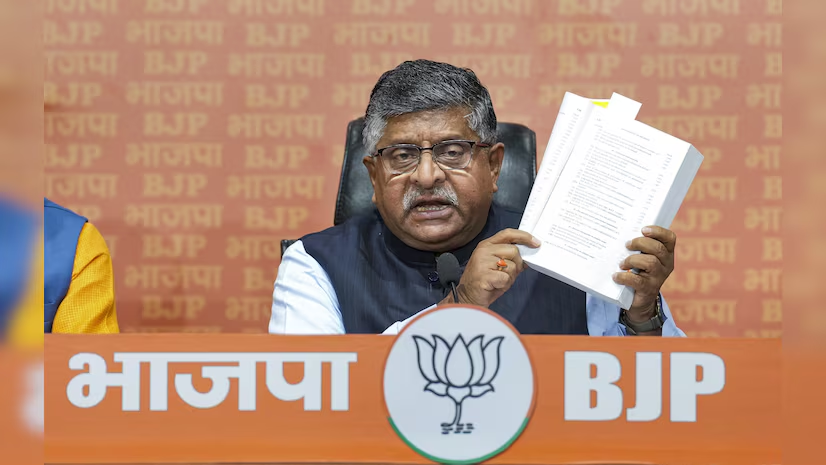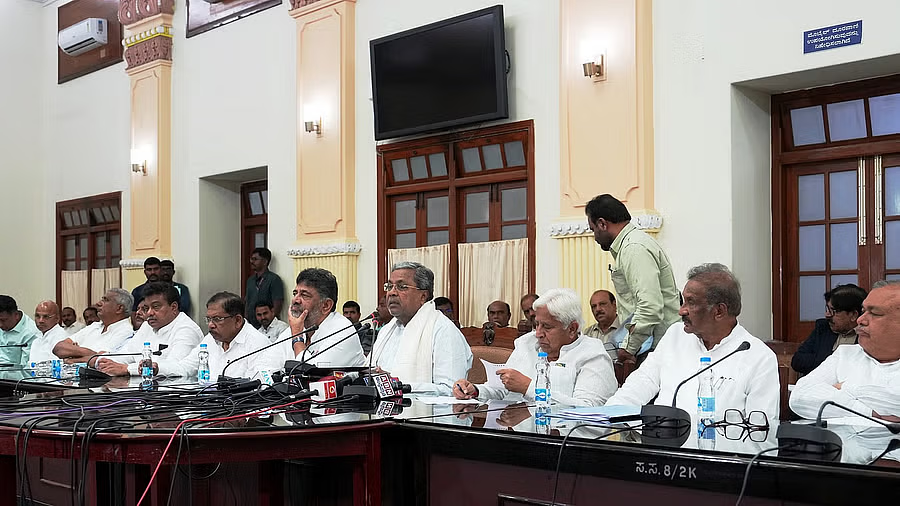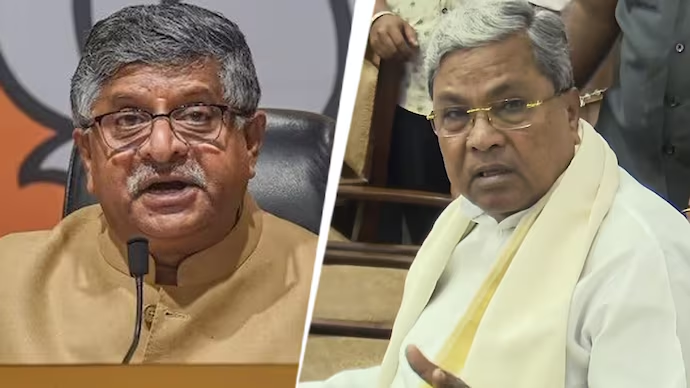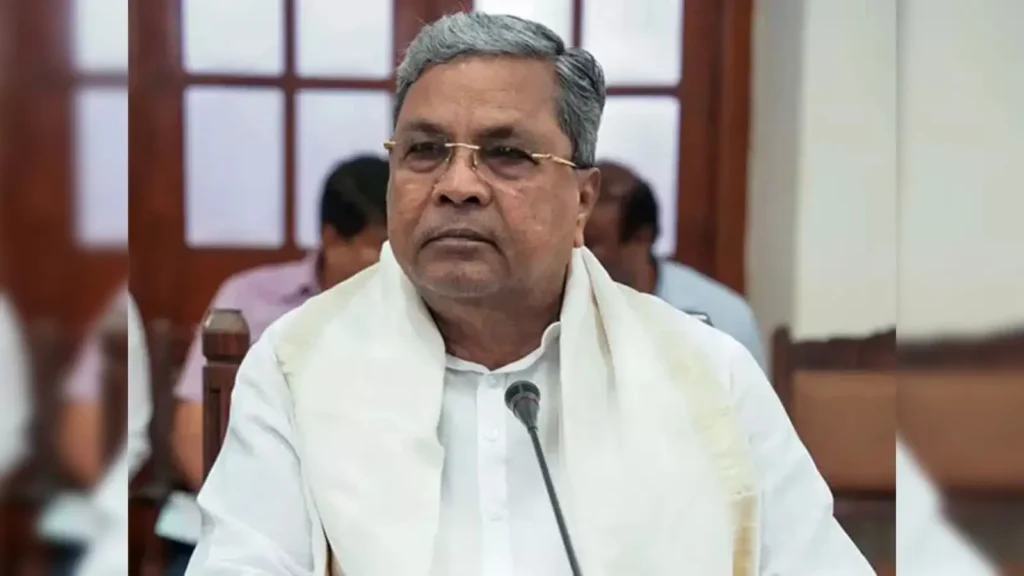The Karnataka Muslim Contractor Quota grants a 4% reservation for Muslim contractors in public works tenders, sparking a heated political debate. The Congress-led state government defends the move as a step toward inclusivity, while the Bharatiya Janata Party (BJP) strongly criticizes it as appeasement politics. This decision, which applies to government contracts up to ₹1 crore, has reignited discussions on the legality and fairness of religion-based reservations in India.
The Policy Decision: Karnataka Muslim Contractor Quota
In a significant policy shift, Karnataka Chief Minister Siddaramaiah, during the state budget presentation, introduced a 4% reservation for Muslim contractors under Category-II B. This initiative aims to promote the participation of minority communities in government procurement and public works projects. The government argues that Muslim entrepreneurs have historically been underrepresented in state contract allocations, and this measure seeks to provide them with fair opportunities.
The Karnataka government’s 4% reservation policy applies to contracts related to the procurement of goods and services across government departments, state-run corporations, and other public institutions. According to official sources, the policy is designed to ensure equitable economic participation and reduce disparities in government tenders.
BJP’s Criticism: Appeasement Politics Allegation

The BJP has strongly opposed the decision, alleging that it is unconstitutional and driven by appeasement politics. Senior BJP leader and former Union Minister Ravi Shankar Prasad linked the move to Congress leader Rahul Gandhi, accusing the Karnataka government of implementing policies that serve electoral gains rather than the public interest.
BJP MP Tejasvi Surya also criticized the Karnataka Muslim contractor quota, stating that it “incentivizes religious conversion” and diverts public resources for political motives. He expressed concerns that such religion-based reservations could lead to communal divisions and disrupt economic competition. Surya posted on X, accusing the government of misusing power and turning the economy into a playground for political opportunism.
Additionally, BJP IT Cell head Amit Malviya argued that reservations should be based on social and educational backwardness, not religion. He claimed that the move was unconstitutional and discriminates against other marginalized communities such as Scheduled Castes (SCs), Scheduled Tribes (STs), and Other Backward Classes (OBCs).
Several legal experts have also questioned the constitutional validity of this reservation. They argue that while society needs affirmative action for social equity, the implementation should be based on socio-economic parameters rather than religious identity. Critics warn that this approach sets a precedent for further religion-based quotas, potentially leading to legal challenges.
Congress Defends Muslim Contractor Reservation: Ensuring Equal Opportunity

The Congress government in Karnataka has defended its decision, stating that it aims to ensure equitable participation in economic activities rather than appeasement. Congress MLA Rizwan Arshad emphasized that upper-caste communities have historically monopolized the contracting industry, restricting opportunities for Muslims and other marginalized groups. He asserted that this initiative would empower small-scale contractors from disadvantaged backgrounds.
Chief Minister Siddaramaiah reiterated that the Karnataka government’s 4% reservation policy aligns with the government’s commitment to social justice. He pointed out that previous governments had taken similar steps for other communities and that the decision was based on recommendations from various expert committees studying economic disparities in Karnataka.
Minister for Minority Welfare, Zameer Ahmed Khan, also defended the policy, stating that data supports the need for such a reservation. According to government reports, Muslim contractors have historically received a disproportionately low number of public contracts, justifying the need for affirmative action.
Constitutional Debate: Religion-Based Reservation Controversy in Karnataka

The announcement has triggered legal and constitutional debates. Critics argue that granting reservations based purely on religious identity contradicts India’s secular framework and Supreme Court rulings. According to legal experts, the Constitution allows affirmative action based on social and educational backwardness but does not explicitly permit religion-based quotas.
However, supporters argue that the Muslim community in Karnataka has been socioeconomically disadvantaged for decades. They claim that targeted policies like the Karnataka Muslim contractor quota will help level the playing field and encourage their participation in economic growth. Supporters also cite past examples of reservations provided to various communities based on socio-economic criteria, arguing that this move aligns with broader affirmative action policies.
Historical Context: Reversal of BJP’s Policy on Public Works Contracts Reservation in Karnataka
The Congress-led government is reversing the BJP government’s 2023 decision to scrap the 4% reservation for Muslims under OBC Category-II B. The previous BJP-led Karnataka government had eliminated exclusive benefits for Muslim contractors by transferring the Muslim quota to the Economically Weaker Sections (EWS) category. By reintroducing this reservation, the current government is reinstating affirmative action that its predecessor had removed.
This policy shift highlights the political tug-of-war over reservation policies in Karnataka. The BJP has accused the Congress government of undoing reforms meant to create an equal playing field for all economically weaker sections. On the other hand, Congress leaders argue that reinstating the Muslim quota corrects a past injustice and ensures fair representation in public contracts.
Public Reaction: Divided Opinions on Karnataka Public Works Contracts Reservation
Public opinion on the issue is sharply divided. Supporters argue that the Karnataka government’s 4% reservation policy is a progressive step toward economic inclusivity, ensuring that Muslim entrepreneurs and contractors get fair access to government tenders. They believe that such measures can help bridge socio-economic gaps and promote business opportunities among marginalized communities.
Opponents, however, echo the BJP’s concerns, fearing that religion-based reservations could create further divisions in society. Many critics advocate for a more holistic approach to uplift underprivileged communities regardless of religion, focusing on economic status rather than religious identity. Legal experts also point out that if the policy is challenged in court, it may lead to a judicial review of religion-based affirmative action in public sector contracts.
Business and industry leaders have mixed reactions to the policy. While some see it as an opportunity for increased participation by marginalized communities, others worry that it may set a precedent for further segmentation in public contract allocations, potentially affecting competition and efficiency.
Conclusion: A Policy with Broader Implications
The Karnataka Muslim contractor quota has sparked a nationwide debate on reservation policies, economic inclusivity, and political motivations. While the Congress-led administration sees it as a necessary step toward equitable representation, the BJP strongly opposes it, citing constitutional concerns and electoral appeasement.
As Karnataka implements the policy, observers will closely monitor its impact on the state’s socio-economic landscape. The decision to reserve public works contracts is likely to influence similar policy discussions in other states, carrying broader political implications. Whether this move creates more opportunities for minority contractors or intensifies political tensions remains uncertain, but it has undoubtedly brought reservation policies to the forefront of India’s ongoing debate on social justice and economic fairness.
The long-term sustainability of the Karnataka government’s 4% reservation policy will depend on legal challenges, political developments, and its practical impact on Muslim contractors. As India continues to grapple with the balance between affirmative action and equal opportunity, this decision will likely serve as a crucial case study in the evolving discourse on reservations and economic policies in the country.



